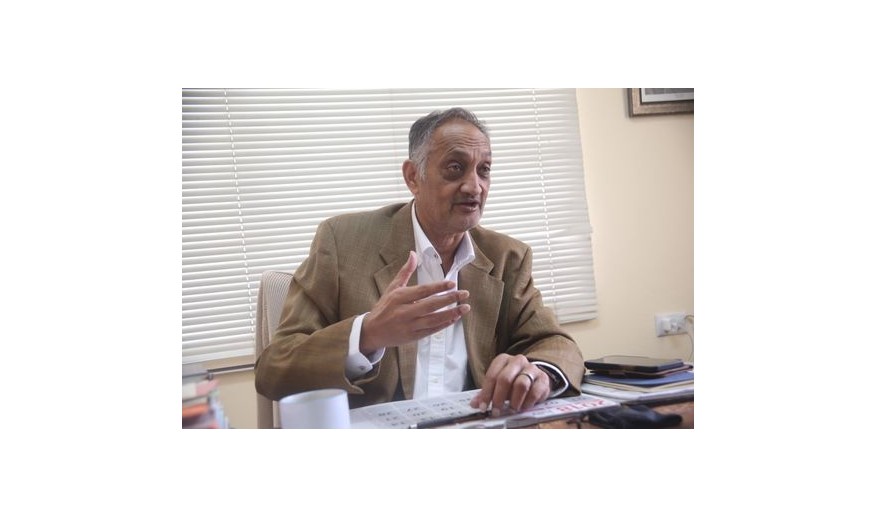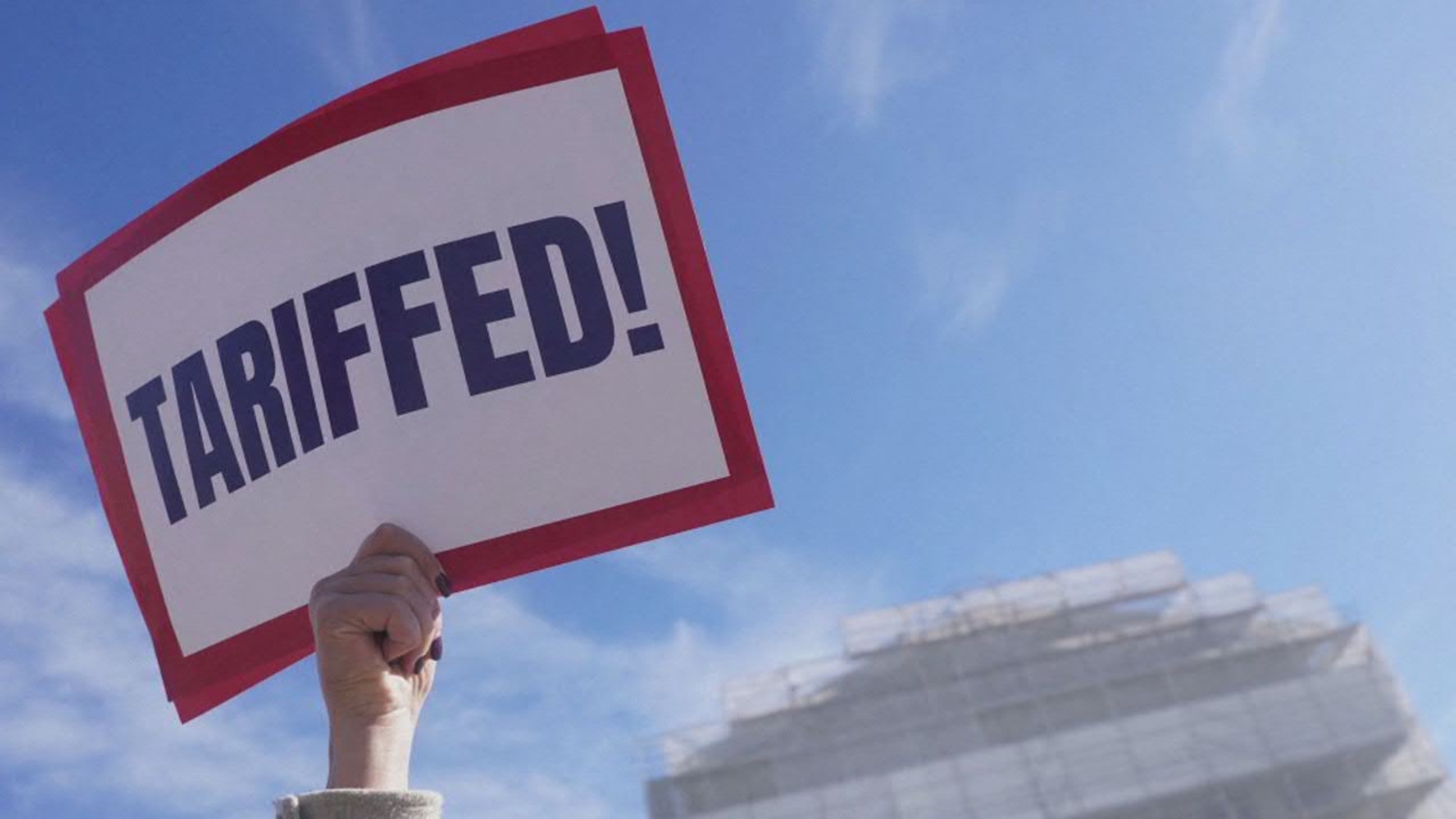Copyright stabroeknews

(Trinidad Guardian) Lawyers representing Suriname have agreed that the country will abide by a Caribbean Court of Justice (CCJ) ruling on the legality of a unique legal measure used by its prosecutors to deny detainees access to legal representation while they are under investigation. Surinamese attorney Hans Lim A Po gave the commitment yesterday as he presented submissions on behalf of the country in a landmark case brought by political analyst Derek Ramsamooj, who was subjected to the measure in 2020. Questioned by CCJ president Winston Anderson over Suriname’s stance if Ramsamooj’s novel case is eventually upheld, Lim A Po said, “The government and every department of government would be obliged to comply with that decision.” Lim A Po stated that legislation amendments may be required, as well as changes to official policy. “It could be executed,” he said. In the case, Ramsamooj, 62, is challenging his detention in Suriname in October 2020. Ramsamooj was in the country’s capital, Paramaribo and was held by police as he was about to return to T&T. He was held on a “beperking order” under which he was detained and denied access to legal representation while he was being investigated over payments he allegedly received from the Surinamese Post Savings Bank. While the order was eventually lifted, Ramsamooj was charged and was blocked from leaving the country. In September 2022, he was eventually allowed to leave the country after a judge upheld an application based on his medical conditions, including a stroke he suffered while detained. In the lawsuit, Ramsamooj’s lawyers, led by Senior Counsel Justin Phelps, are contending that the “beperking order” was unlawful, as it is inconsistent with Caricom treaties and policies. They are also claiming that Suriname’s authorities discriminated against him based on his nationality, and he was subjected to arbitrary imprisonment in inhumane conditions. Presenting submissions, Phelps noted that his client was challenging the applicability of the measure to Caricom citizens visiting Suriname. “My case is not that he should not be made to go through the criminal justice process in Suriname. My case is about the beperking and the effect it had on my client,” he said. “This case is how you treat criminal defendants. My position is he is 100 per cent innocent, and the time would come where we would establish that,” he added. He noted that the country’s citizens could still be subjected to the measure even if Ramsamooj’s case is upheld. “That State’s citizens ought to have recourse, just not under the Revised Treaty of Chaguaramas (RTC),” Phelps said. Phelps asked the appeal panel to consider the evidence of British consultant cardiologist Dr Jonathan Clague, whose evidence was not challenged by Suriname. “The cardiologist simply said if he was released from prison and allowed to return to a hotel room, the chances of suffering a stroke would be less and his health would improve … It is magical that he wrote the letter and then he (Ramsamooj) suffered the stroke,” he said. In his submissions, Lim A Po noted that the legal measure did not discriminate against Caricom nationals as claimed. “It is applicable to all persons in Suriname. Locals, Caricom nationals and foreigners,” he said. “This is how a Suriname national in similar circumstances would be treated. Jail time in Suriname is no pleasure for certain, but it is for everyone,” Lim A Po said. He noted that under the RTC, member states are allowed to have laws in contravention of community policy if such are intended to protect public morals or maintain public order and safety. Lim A Po noted that if Ramsamooj is successful in the case, he may apply to a judicial officer for an alleged confession he provided while subject to the order to be invalidated. In her submissions, Caricom Secretariat general counsel Lisa Shoman, SC, supported Ramsamooj’s case. She called upon the CCJ to invalidate the legal measure to give effect to a Charter of Civil Society that was adopted by member states in 1997. “If it is to have any effect, it must be honoured; otherwise, it is a bunch of pretty words that don’t have a real impact on citizens across the Caribbean,” Shoman said. While Shoman accepted Suriname’s ability to have laws intended to protect public morals or maintain public order and safety that appear to contradict the fundamental human rights in the charter, she noted that the exception did not apply to arbitrary and unjustifiable discrimination. After hearing the submissions, Justice Anderson and Justices Maureen Rajnauth-Lee, Denys Barrow, Peter Jamadar, and Chantal Ononaiwu reserved their judgment. Ramsamooj was represented by Narvindra Ramnanan, Chase Pegus, and Surinamese attorney Milton Castelen.



